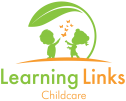Let’s face it- we love when our kids can do things on their own. Showing off their new-found independence means that our children are gaining confidence and becoming more responsible. And as a parent, responsibility is something we value as this means our child can be relied upon, that they’re fast learners and can navigate problems. Which is why, responsibility is such an important value for life-long success.
At Learning Links responsibility is core to our teaching curriculum and is actively role modelled by our staff. In this post, we’ll be drawing attention to some of the methods we use to help kids understand and practice responsibility so they can become lifelong learners and leaders in their community.
1- Modelling Behaviours
One of the best ways to teach responsibility is through ownership. At Learning Links, one of the ways we give children ownership of their space is by involving kids in the daily running of each centre. For example, as part of our new lunch menu, children help with harvesting vegetables, preparing meals and even with setting up and packing away.
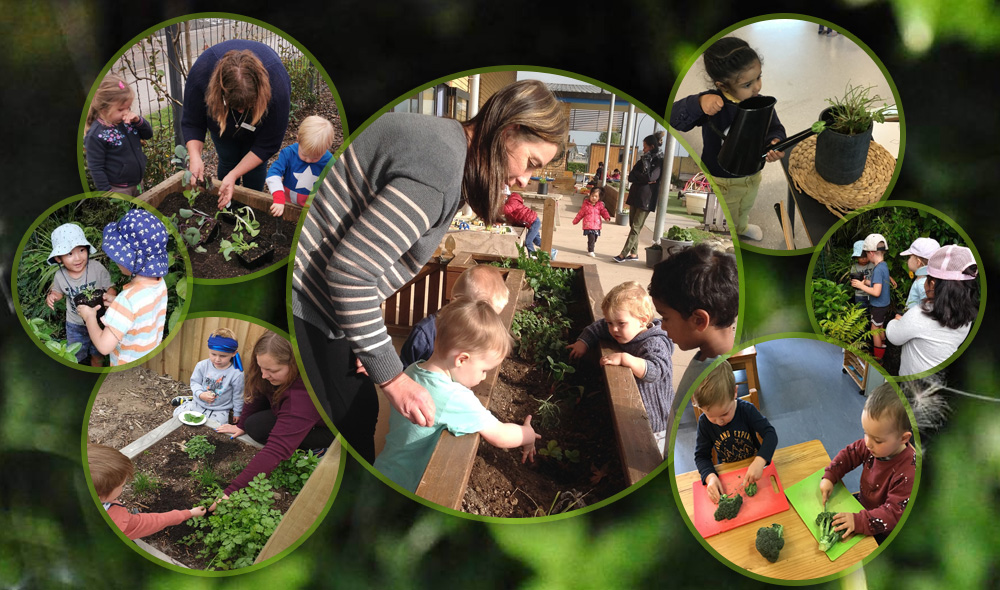 And in order to prepare children for these tasks, teachers use modelling as well as scaffolding. Teachers will first demonstrate how children should do the task. And then, we help each child step by step until they have enough expertise that they can do the task with minimal support.
And in order to prepare children for these tasks, teachers use modelling as well as scaffolding. Teachers will first demonstrate how children should do the task. And then, we help each child step by step until they have enough expertise that they can do the task with minimal support.
Keep in mind, teachers are always around, so kids never feel like they’re left to their own devices. Instead, children feel confident and excited to do the job the right way.
And this might surprise you- But research done by major educational institutes’ draws a correlation between kids being given responsibilities and how this increases lifelong confidence, self-esteem and leads to greater success in later years.
2 – Caring About Others
Given New Zealand’s diverse culture, there are always celebrations happening and new cultural learning’s to be had. Learning Links centres celebrate Chinese New Year, Diwali, Holi, Maori Language week and events that most of the nation gets behind. We also take children to different areas in the local community, so they can explore, see and learn.
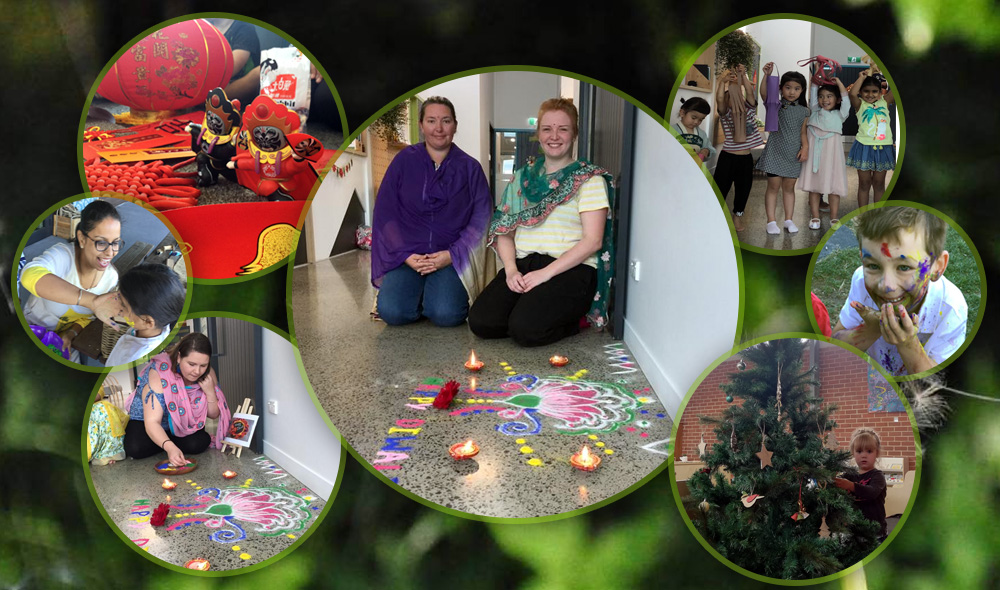 And you might be wondering, how do events and local areas teach kids about responsibility? Well, by learning and understanding about different cultures and different places, children begin to understand why people do things.
And you might be wondering, how do events and local areas teach kids about responsibility? Well, by learning and understanding about different cultures and different places, children begin to understand why people do things.
They also learn about expectations in different locations. For example, how you might be quiet in a holy place or a library but can be loud outside with your friends. The deep understanding students form through these simple events, allow them to better navigate their world and to be responsible for their actions and behaviour in different places. Learning about others also prevents misunderstandings and leads to better relationships.
3- Focusing on Self-management
Self-management helps children in early education centre; it leads to easier learning in school and is an essential skill for any university student or impactful employee. One of the ways we teach self-management is through our play-based learning program.
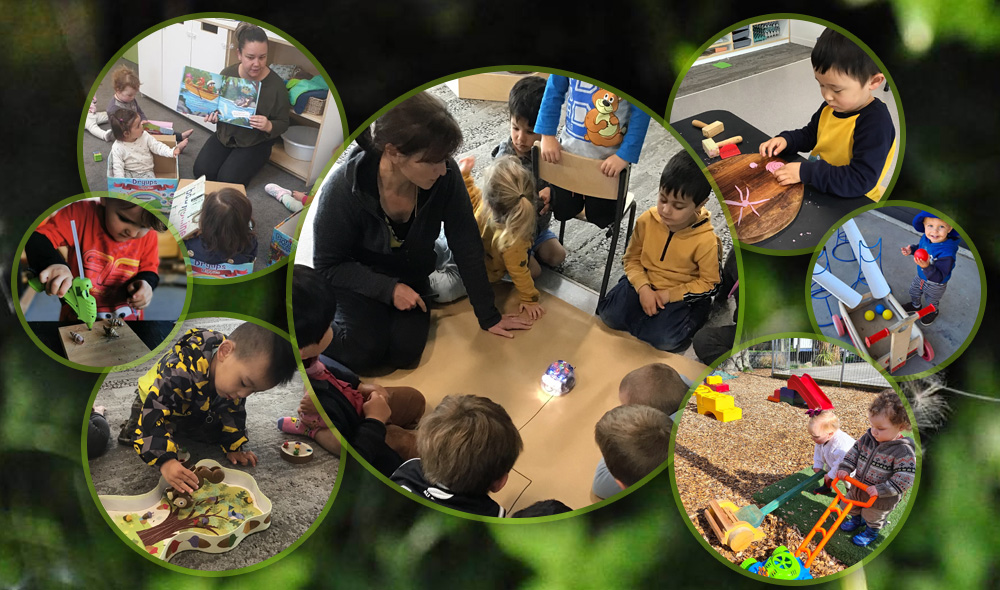 Play-based learning is a child-led learning process, where kids decide how to utilise their time and navigate the problems they encounter. Research proves that children form the foundations for being more curious and optimistic learners later in life by spending time in a play-based environment.
Play-based learning is a child-led learning process, where kids decide how to utilise their time and navigate the problems they encounter. Research proves that children form the foundations for being more curious and optimistic learners later in life by spending time in a play-based environment.
When engaged in play-based learning, children are always practicing different forms of responsibility. For example, children might be deciding how to utilise their time, learning how to share with a friend or exploring new forms of play. Ultimately, play-based learning has been proven to improve decision making and critical thinking.
4 -Building Community
This one is slightly different from the rest of our teaching strategies, but just as important. While children spend a lot of time at childcare, they also spend a significant amount of time with their parents at home.
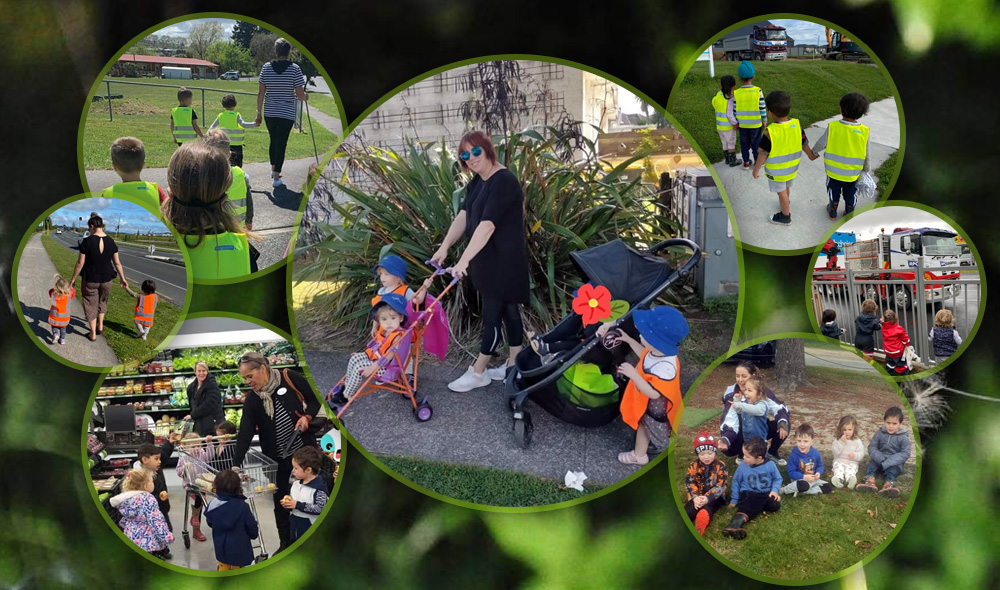 It’s important then that children’s parents are on board in order for them to understand, internalise and practice responsibility. Which is why, any good teaching program is backed by a great relationship with parents.
It’s important then that children’s parents are on board in order for them to understand, internalise and practice responsibility. Which is why, any good teaching program is backed by a great relationship with parents.
And at Learning Links, our parents and teachers are regularly meeting and having conversations so that parents are up to date on their child and how they can support them. When children see their parents engaged in their learning, they feel supported and are willing to do their best as well.
Adding to this, a teacher and parent relationship allows parents to better understand their kids, and to utilise some of the ideas and strategies being used at preschool at home. And when great teaching and community relationships come together, this can also lead to children being more responsible in their communities as they grow.
Overall, the most important factor in teaching responsibility is that we’re modelling and actively giving children opportunities to practice this key value. When children act responsible, it’s important that they feel confident and rewarded.
On the plus side, research shows that children, who learn responsible habits at a young age, go on to lead happier more successful lives. Therefore, responsibility is a core value for us at Learning Links and for many other great Childcare and Montessori centres.
